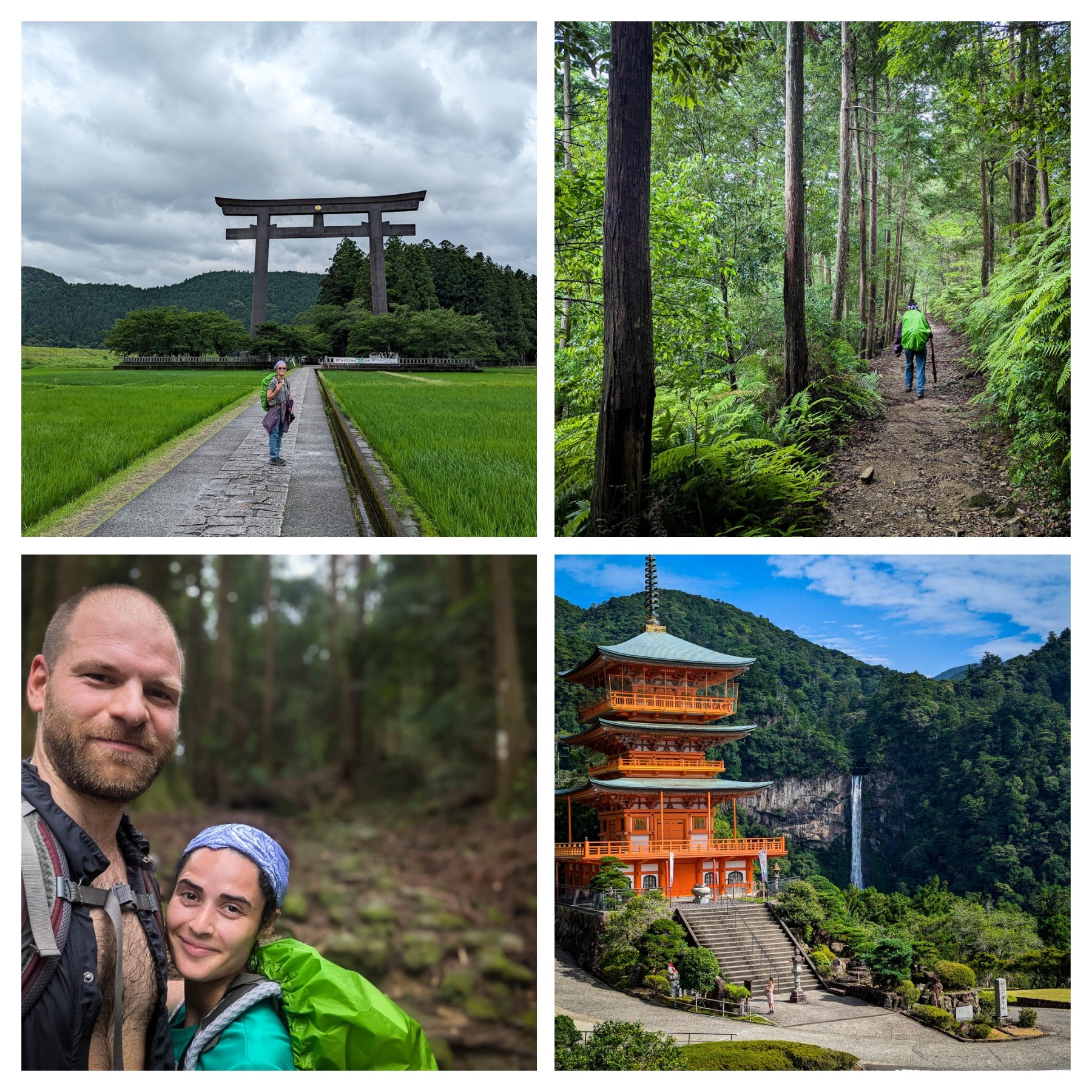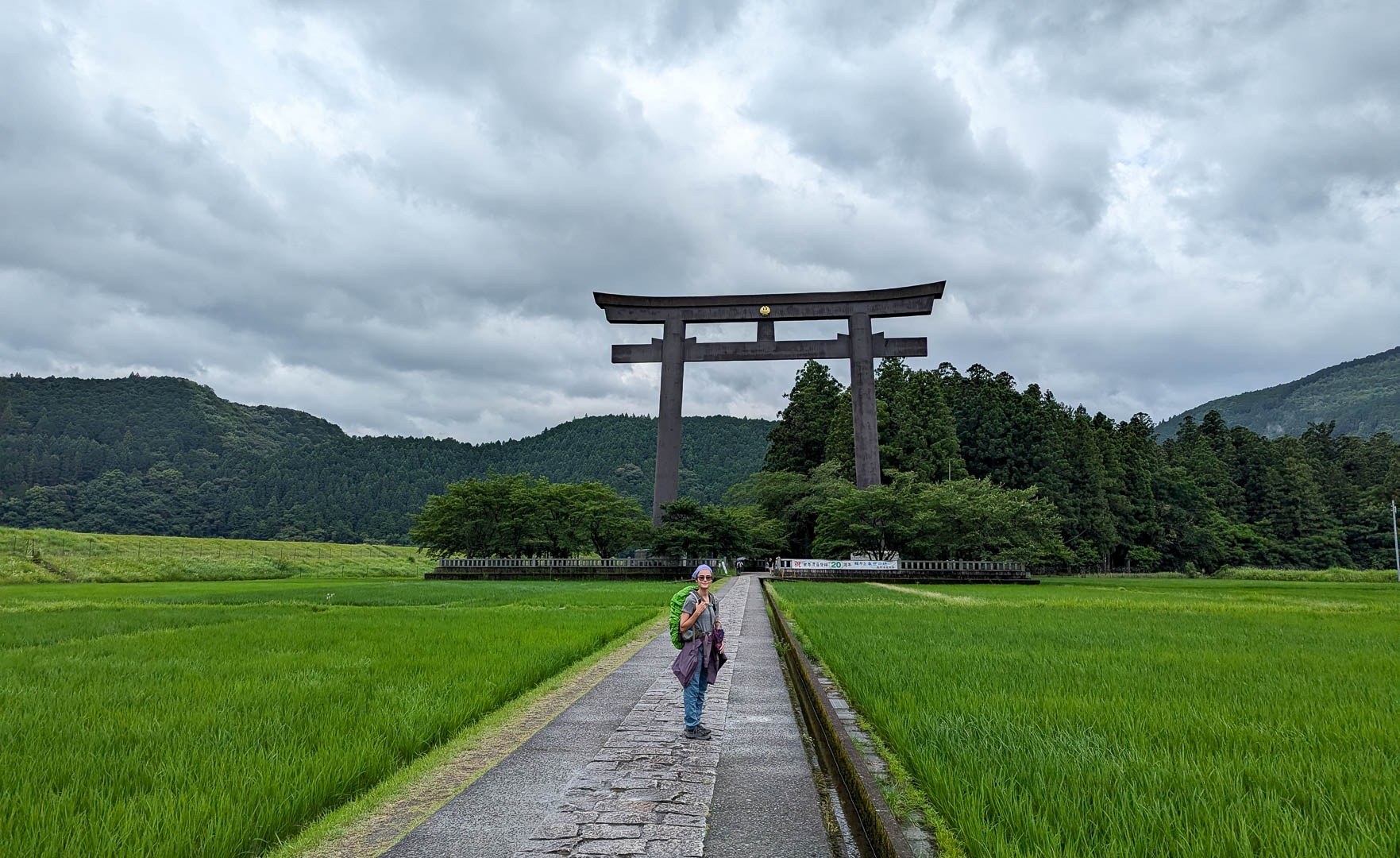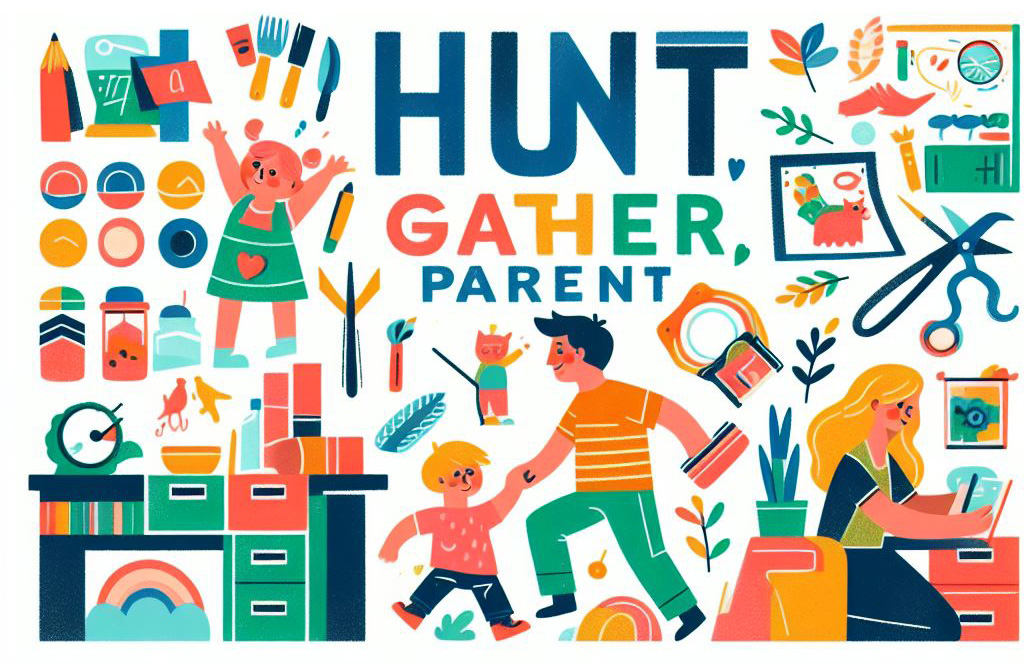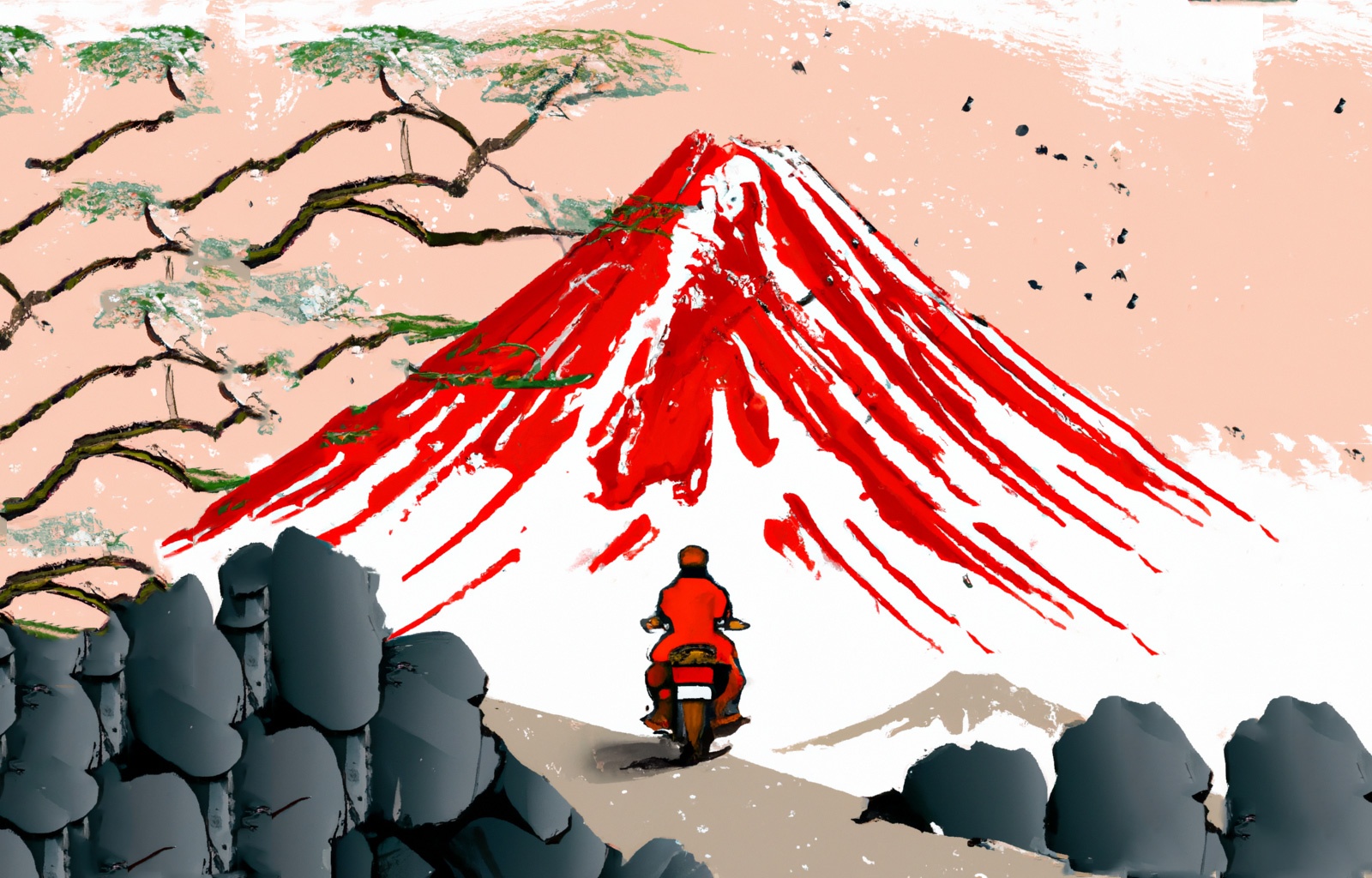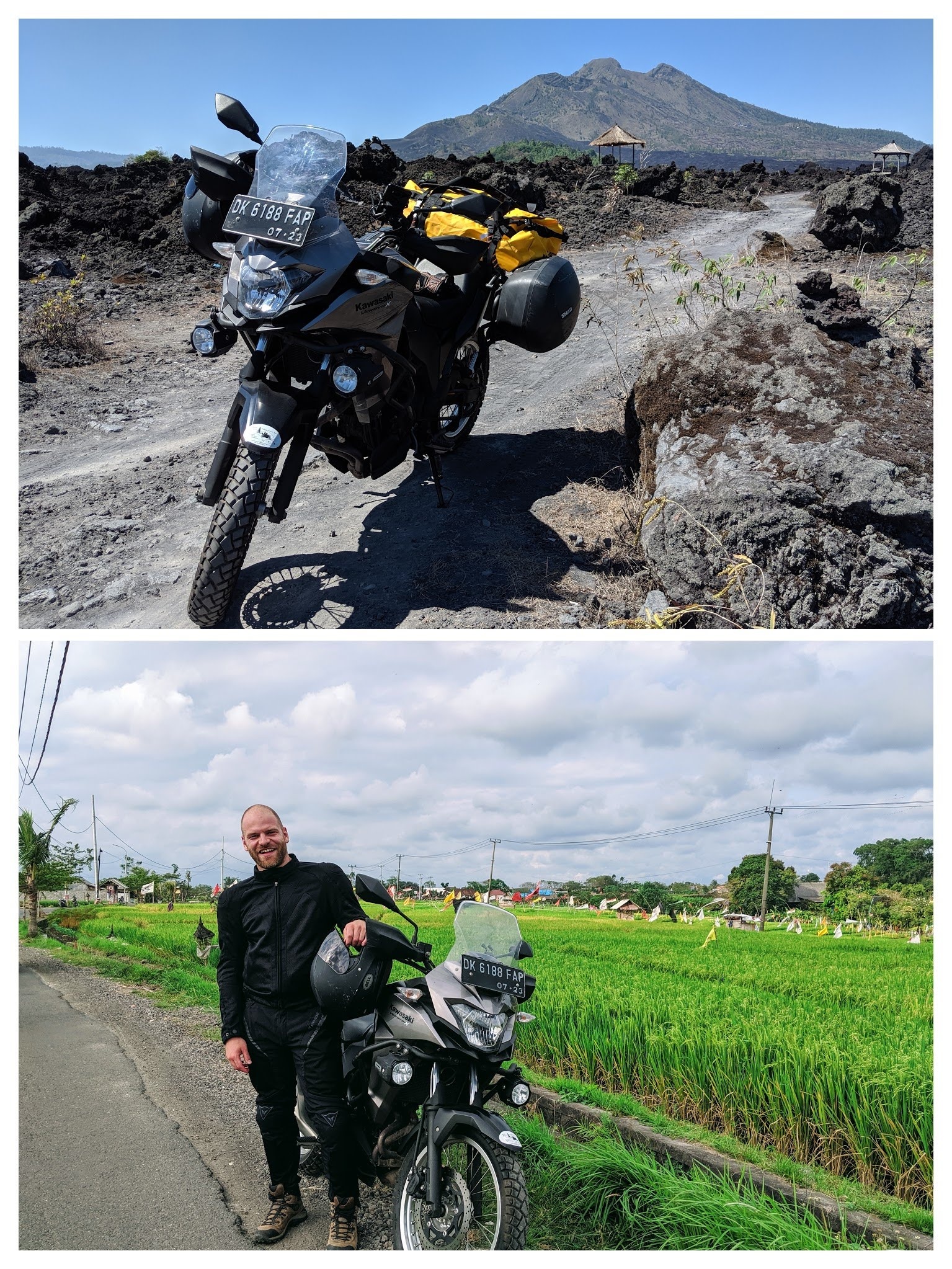Hunt, Gather, Parent: What Ancient Cultures Can Teach Us About the Lost Art of Raising Happy, Helpful Little Humans
by Michaeleen Doucleff
Goodreads
Many of the things we take to be the “right” way to raise kids (at least in western civilization) are in fact contrary to how humans have been raising kids through our history. Examples of this include toys, worrying about “self-esteem”, and praising kids a lot.
In Hunt, Gather, Parent, Michaeleen Doucleff starts by showing that many of these ideas in fact originate from the times and needs of the industrial revolution, and are not particularly compatible with human nature. Instead, she seeks to understand how parenting had been in earlier times.
Towards this end, she time with three communities that practice parenting as their ancestors had for many generations: Maya, Innuit, Hadzabe. But these are not communities untouched by the modern world - they all have smart phones, and only the Hadzabe are still hunter-gatherers. Where appropriate, she links to modern scientific studies to underscore the efficacy of what she learns.
In the U.S., we feel this enormous responsibility to “optimize” our children. That often means filling their days with nonstop activities or entertainment. I sure felt this way with Rosy (sometimes I still do). This feeling places a heavy burden on our shoulders and fills our minds with an omnipresent anxiety (e.g., “Oh my gosh, what am I going to do with Rosy for the entire Saturday?”). But the feeling also supercharges our parenting — both the macro and micro. Our knee-jerk reaction is maximal interference.
But that parenting style is not the norm; quite the opposite. The picture the author presents instead is compelling - one that focuses on including the children in the family’s lives, rather than in centering the parents’ lives around the child.
This approach has several other advantages. First, it gives parents a break. Instead of having to schedule, pay for, and participate in endless child- centered activities, parents can lead their normal lives— working or relaxing— while kids follow along, learning as they go. Rather than scheduling your life around your child, you can simply put your child into your schedule. Moreover, humans likely evolved for children to learn by shadowing adults; it’s the way they’ve been learning for at least two hundred thousand years (as we’ll see in the next chapter). So for many kids, learning this way is easier and less stressful than learning through child- centered activities. And it generates less conflict and resistance.
I’m a believer. Let’s dive in to the takeaway parenting tips from the book.
read more
